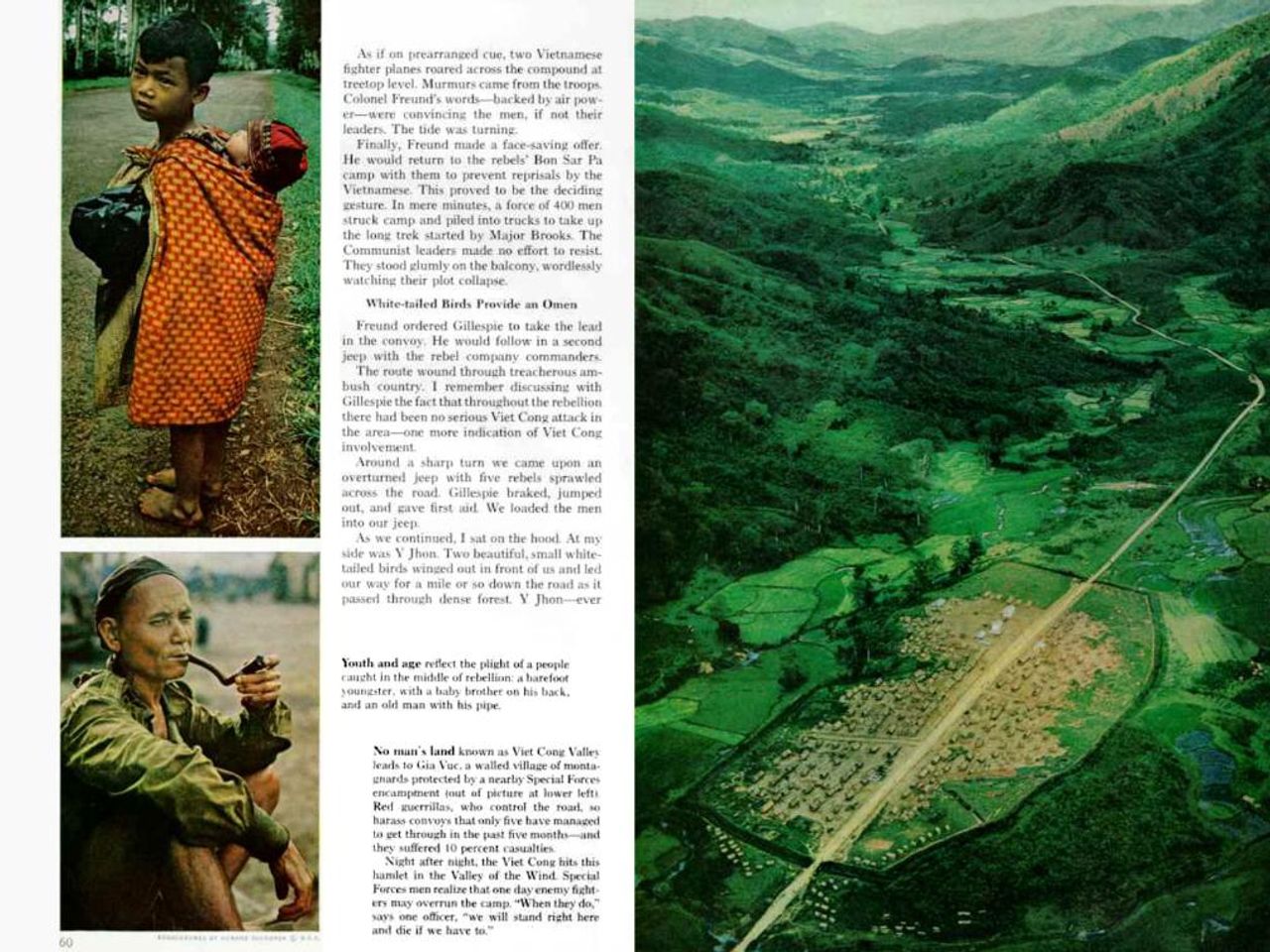Tensions Flare Up: Border Skirmish Erupts Between India and Pakistan
In the dying embers of April 24, 2025, reports from reliable sources such as NDTV hinted at small arms fire erupting along the Line of Control in Jammu and Kashmir between India and Pakistan. A quick repartee followed with Pakistan's acknowledgement of the skirmish. Fortunately, no casualties were reported on either side.
On April 22, militants launched a devastating attack on Hindu tourists in the Pahalgam tourist spot, resulting in tragic losses. With over 20 lives claimed, the exact number of casualties remains uncertain. Amidst the sorrow, tensions between the two countries have reached an all-time high.
India retaliated against Pakistan's government following the attack, enforcing a series of diplomatic and travel restrictions. Suspension of the 1960 Indus Water Treaty, closing the Attari border crossing, rejecting Pakistan's participation in the visa-free travel program, and reducing diplomatic staff—these retaliatory measures signify a contentious escalation in Indo-Pakistan relations.
However, Pakistan's government has taken a firm stance, stating that India threatens water security should it attempt to divert or stop the water flow, which it considers an "act of war." Notably, the defense ministry published aggressive messages and videos on social media, hinting at their readiness to wage war if push comes to shove.
The diplomatic quarrel continues, with leaders from other nations, such as Kazakhstan's President Tokayev, offering words of condolence during this trying time.
[Join our Telegram channel for real-time updates!]
Historical & Recent Developments
The underlying tensions between India and Pakistan stem from complex historical events. The 1999 Kargil conflict, 2008 Mumbai attacks, and 2019 suicide bombing have all served as litmus tests for the fragile relations between the two nations.
The recent escalation results from the bombing targeting non-Muslim tourists in a disputed region of Kashmir. Terrorist group The Resistance Front, an affiliate of Lashkar-e-Taiba, claimed responsibility for the attack.
Tensions & Potential Outcomes
The tense standoff between India and Pakistan escalates the risk of a broader conflict. The situation's ramifications reach beyond the region, pulling in major international powers for diplomatic intervention. Additionally, humanitarian issues may escalate, particularly in Kashmir, where strife is already prevalent.
As regional and global powers pay close attention, only time will tell how this tense relationship will unfold. Keep an eye on our updates to stay informed.
[Subscribe to stay updated!]
- The Line of Control in Jammu and Kashmir witnessed small arms fire on April 24, 2025, sparking fears of a resurgence of war-and-conflicts between India and Pakistan.
- Following the Pahalgam militant attack on April 22, which resulted in over 20 casualties, tensions between the two countries reached an all-time high, leading to political standoffs.
- In response to Pakistan's actions, India implemented suspensions of diplomatic and travel restrictions, along with the 1960 Indus Water Treaty, potentially inflaming crime-and-justice concerns.
- Pakistan's defense ministry made aggressive statements on social media, citing India as a threat to water security, further escalating the tensions in war-and-conflicts along the Indo-Pakistan border.
- General news outlets, such as NDTV, have been reporting on the ongoing diplomatic crisis, with leaders from other nations like Kazakhstan's President Tokayev offering words of condolence in the face of these tensions.








